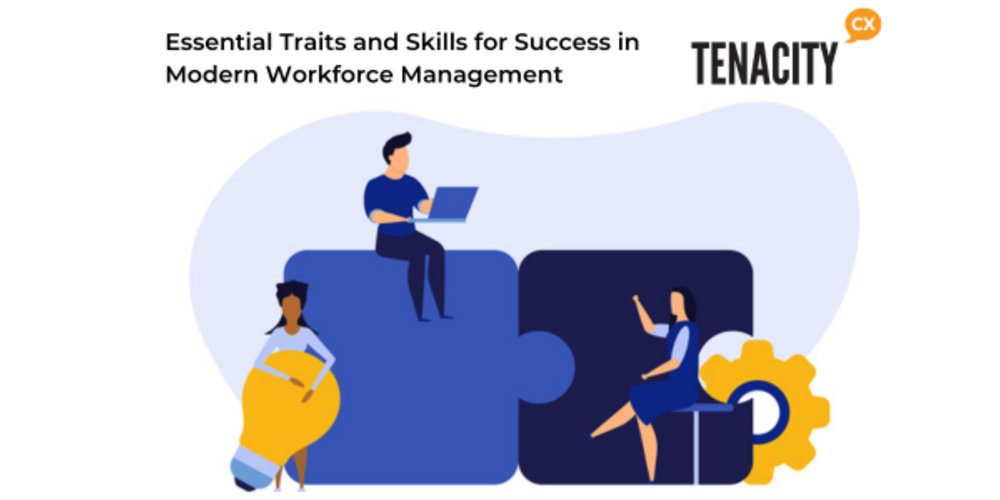Workforce management (WFM) has evolved from a purely operational function to a strategic cornerstone of modern business. As this field continues to grow, certain traits and skills have become essential for success.
Analytical Aptitude
At the heart of WFM is data analysis. The ability to glean insights from vast amounts of data is critical. WFM professionals need to identify trends, correlations, and underlying drivers that impact workforce needs. This analytical capability helps in making informed decisions about staffing, scheduling, and resource allocation.
Technological Proficiency
Modern WFM is heavily reliant on advanced software and tools. Professionals in this field must be proficient with workforce forecasting and planning systems, dashboards, and reporting tools. Understanding how to leverage these technologies to optimise operations is a fundamental skill.
Effective Communication
WFM involves constant communication with various stakeholders, including management, employees, and other departments. Professionals must be able to explain complex forecasts, address scheduling conflicts, and convey strategic decisions clearly and effectively. Good communication fosters collaboration and ensures that everyone is aligned with the workforce strategy.
Customer-centric Approach
Although WFM focuses on back-end operations, its ultimate goal is to enhance the customer experience. Keeping the customer perspective central to all decisions ensures that staffing and scheduling strategies contribute to overall service excellence. This customer-centric approach helps in achieving higher satisfaction rates and loyalty.
Adaptability and Flexibility
The business environment is dynamic, and WFM professionals must be adaptable. They need to respond swiftly to changes in demand, employee availability, and market conditions. Flexibility in approach and the ability to pivot strategies quickly are crucial traits for success.
Strategic Thinking
As WFM becomes more integrated into business strategy, professionals must develop strategic thinking skills. Understanding the broader business objectives and aligning workforce strategies to support these goals is essential. This strategic perspective transforms WFM from a cost centre into a value creator and differentiator.
Continuous Learning
The field of WFM is continually evolving with advancements in technology and methodologies. Professionals must commit to continuous learning to stay updated with the latest trends and tools. This includes gaining knowledge in areas like AI, automation, and advanced analytics, which are increasingly relevant in WFM.
Emotional Intelligence
Managing a workforce requires empathy and understanding. Emotional intelligence helps WFM professionals handle interpersonal dynamics, resolve conflicts, and foster a positive work environment. This skill is particularly important in engaging and motivating employees, which directly impacts productivity and retention.
For more information on ‘Breaking Out of the Contact Centre click here for the full White Paper:
White Paper
Breaking Out of the Contact Centre: Click Here

In conclusion, success in modern workforce management requires a blend of analytical, technological, and interpersonal skills. By developing these traits and continually enhancing their knowledge, WFM professionals can drive efficiency, improve customer and employee satisfaction, and contribute to the strategic goals of their organisations.

